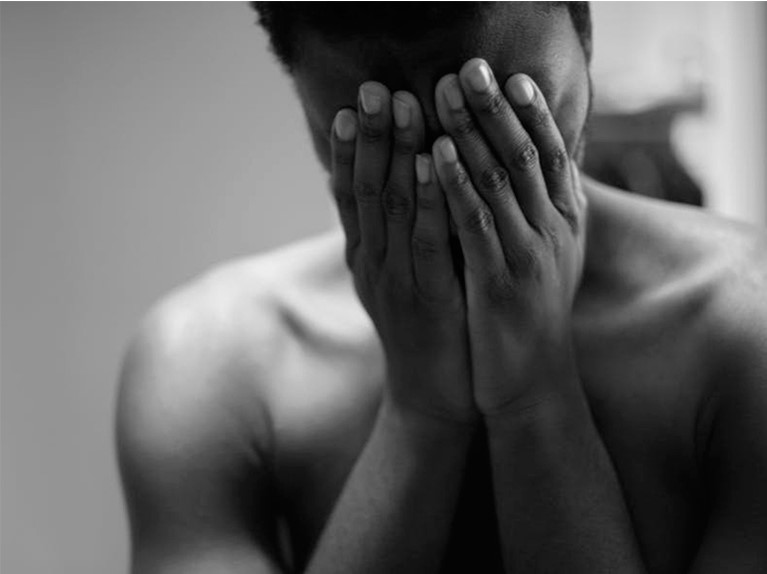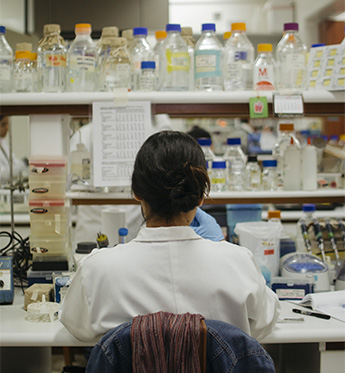Guillain-Barré Syndrome in Peru by Aldo Vivar
So far this year, 32 cases of Guillain-Barré Syndrome [1] have been reported in Peru, according to the Ministry of Health. Given the population’ s concern about this problem, our specialists have made known more details about this disease.
Next, Aldo Vivar, a medical specialist in internal medicine, member of the Research Ethics Committee and of the Prisma Board of Directors, informs us of important points to take into account regarding the Guillain-Barré Syndrome (GBS):
Guillain-Barré Syndrome:
- GBS is a reaction of the body’s immune system that attacks the nerves and is triggered by a viral or bacterial infection, but not all people who have an infection develop this complication. It is impossible to know who will have this complication.
- GBS affects the peripheral nerves, causing paralysis that progresses from the periphery to the central part of the body. Extreme cases involve the diaphragm muscle leading to insufficient lung ventilation or cardiac innervation.
- GBS is not a recent disease, it was described in 1916 in France. It is a disease of worldwide distribution.
How it is diagnosed:
- GBS is a clinical diagnosis, i.e. based on history and clinical examination. There is no blood test or an x-ray that does this.
- So far, laboratory studies suggest that the agent involved may be a variety of Enterovirus, an agent that enters the body through the mouth (water or food).
The GBS outbreak mentioned by the Ministry of Health has triggered an epidemiological alert (i.e. a warning signal for health workers), but does not mean that we are facing a national emergency.
Symptoms:
- The first symptoms are weakness (lack of strength) in feet or hands, in some cases bilateral facial paralysis may occur.
This information may cause many people to think they have the disease when they are actually healthy. However, when in doubt, it is best to consult your doctor.
Preventive measures:
- Control measures are universal and apply to everyone as healthy habits: eating clean food and drinking clean water. This includes adequate hygiene when preparing meals and caution when buying prepared or manhandled food. Something that people should always take into account.
Treatment:
- Confirmed cases of GBS should be hospitalized, they will be given intravenous immunoglobulin if available, or a technique available in large hospitals called Plasmapheresis.
At Prisma, we urge people to take care of their health, promoting hygiene habits in their families and communities. We will contribute to national efforts to control and reduce existing cases of GBS. We remain firm in our commitment to take care of the health of every Peruvian.
[1] Press Conference of the Minister of Health, Silvia Pessah, regarding the actions of the State against the Guillain-Barré Syndrome. Taken from El Comercio’s Web Portal https://elcomercio.pe/peru/sindrome-guillain-barre-casos-registraron-ano-minsa-noticia-519429


